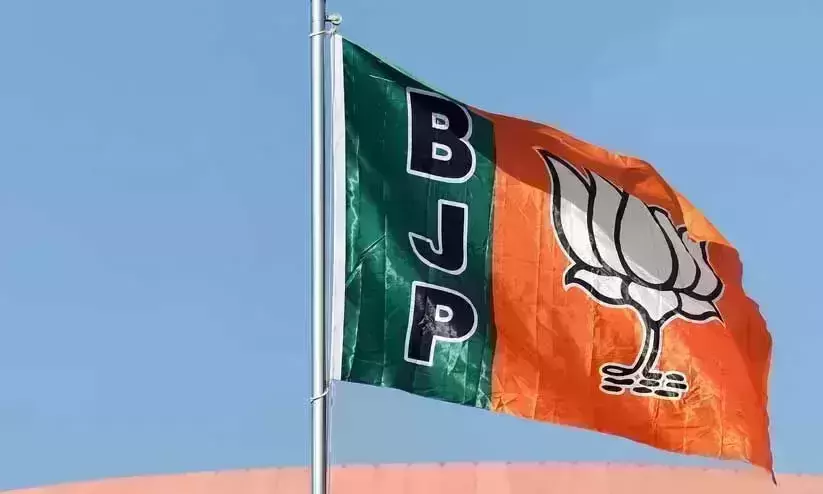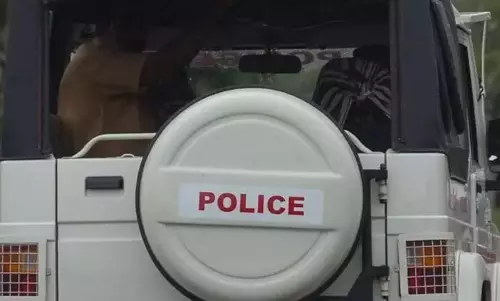
Message conveyed by modern student-activism
text_fieldsThere have been analysis, previously, that the modern student political activism inspire ideologically as well as by their way of actions, a creative directional shift inthe contemporary national politics.
The new generation has shunned the path of traditional political representation, ideas and the style of debate and dissent. The new questions they raise, their democratic explorations, and the way they get together to form an alliance to protest a social evil are considered as the initial steps towards a positive change in the Indian democracy that is diverse in its class and culture. Particularly, during the time when the government in power overtly enforces its autocratic ideologies. The political discourses taking place at the national level among the students and the protest movements that stem from them have been able to gainstrength andinfluence sufficient enough to create transformations akin to the Mandal protests that brought about significant changes in the Indian politics. The political waves of the nationwide student activism therefore naturally, resonated in Kerala. But as far as the colleges in Kerala are concerned, thedynamism and diverse protests evident at the national level hasn’t been so far visible. It’s due to the mainstream student political organisations actively taking over such slogans and also because of being able to suppress the growth of modern student political movements different from them, regardless of the parties. Contrary to that, after the death of Jishnu, a student of Pambaadi Nehru College, student protests and ideological discourses have been rampant in Kerala relative to the self-financing colleges in the state. They are in a way exposing the ideological crisis and functional inactiveness of the traditional political outfits led by students.
Be it the stir at the Law Academy in Thiruvananthapuram, or the protests at Pampady Nehru College and Mattakara Toms College of Engineering, they have not not initiated by the traditional student outfits. After the protests gained momentum, organisations like the SFI, KSU and ABVP joined these movements according to their political influences. In some situations, the outfits sabotaged the integrity of the protest and the priority of the demands raised by making the agitation violent through dramatic moves in an attempt to take over the stir and gain public attention. In other circumstances, complaints of betraying or weakening the protests by acting as bargainers between the government and the management, are seen raised even against those who lead the protests. The history of protests by student organisations against self-financing colleges is also a history of their ideological dearth and double standard. It should be based on this background that the relevance of student activism which is gaining strength in Kerala should be analysed.
The traditional student unions have turned into those who implementsas well as safeguards the various rotten elements such as caste discrimination, democratic intolerance, gender injustice, fear of minorities and fabricated tales and the general consideration given to the cultural elite symbols and shades, that has to be eradicated from the colleges and public spaces. In Thiruvananthapuram University College and Government College in Madapally, it’s the SFI that stands against the freedom of expression and gender justice. That there exists torture rooms in several campuses in the state that are capable of silencing the opposing voices, is indisputable. The growing student activism in Kerala should be able to utilize the platform provided by the social media as tools of democratic reform. The country and the world as a whole are witnessing neo-democratic movements that stand together for a common cause through discussions and debates despite conflicting ideologies. The existing student outfits are a great investment for the political future of Kerala if they could replicate such movements and create their Kerala models. They certainly are capable of transforming not only the traditional student unions but also the mainstream politics. However, if the new student leaders fail to comprehend even the history of the Nurses’ agitation in Kerala and Pembillai Orumai, the political experiments by the new generation would also end up in the failure list of modern political experiments that gained strength in Kerala.























